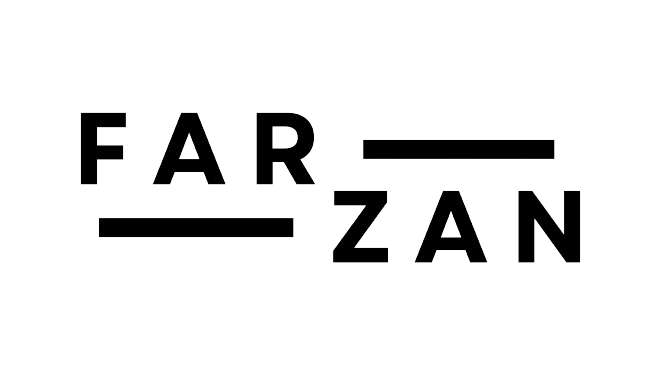Beginning in 2002, many producers began supplementing their mixtures with synthetic forms of docosahexaenoic acid (DHA) and arachidonic acid (ARA), the long-chain fatty acids naturally present in breast milk. Evidence is now showing that the synthetic versions are detrimental to the health of children, despite their continued usage in almost every available brand of infant formula.[2]
Is DHA and ARA to infant formulas is beneficial?
The scientific evidence is mixed. Some studies in infants suggest that including these fatty acids in infant formulas may have positive effects on visual function and neural development over the short term. Other studies in infants do not confirm these benefits. There are no currently available published reports from clinical studies that address whether any long-term beneficial effects exist.[3]
With or without synthetic additives, no baby formula can replace the amazing nourishing properties of a mother's breast milk. It is the perfect, natural blend of immune-building, brain-developing goodness that cannot be matched or replicated. While some natural formulas may seem to come close, breast-feeding continues to be the superior method of nourishing a baby and should be utilized whenever possible.[4]

----
Notes:
[1] consumerreports.org
[2] naturalnews.com
[3] keepkidshealthy.com
[4] naturalnews.com
========
About Me:
I am a 289 days / 9 months, 2 weeks & 4 days old baby

